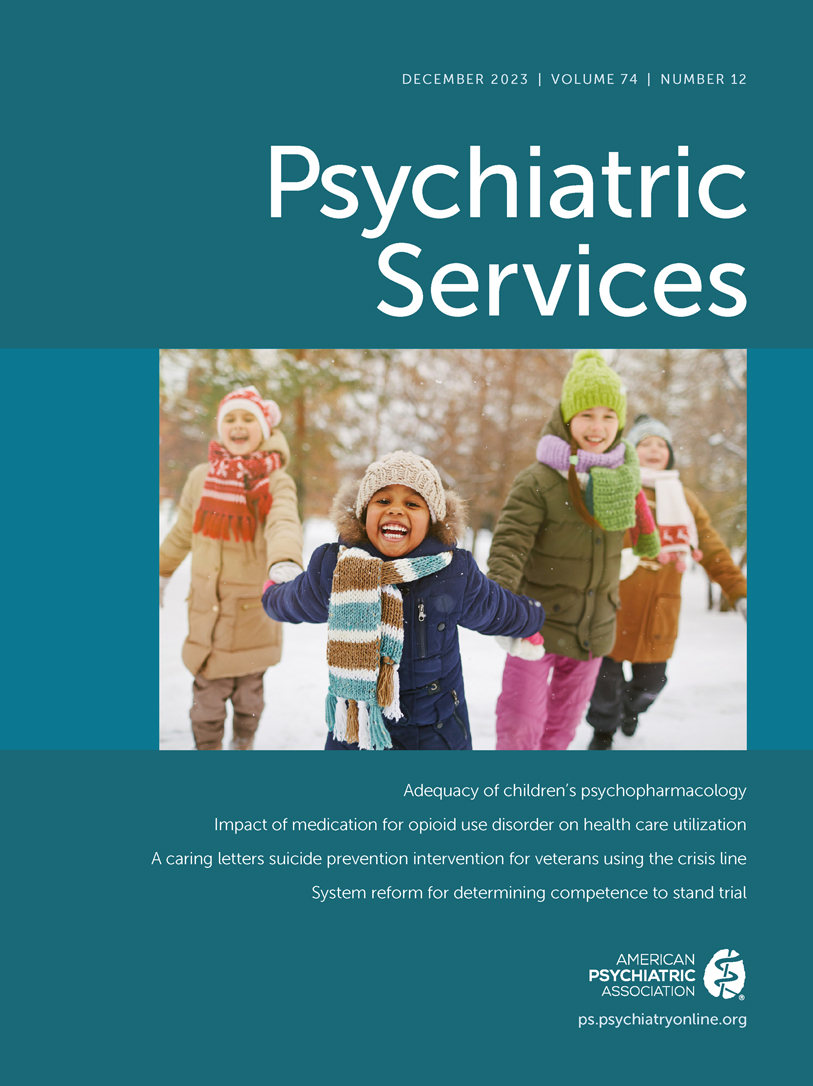Qualitative Evaluation of a Caring Letters Suicide Prevention Intervention for the Veterans Crisis Line
Abstract
Objective:
Suicide is a leading cause of death in the United States. This has prompted the U.S. surgeon general to issue a report describing actionable items to reduce suicide rates, including a recommendation to increase the use of the caring letters intervention. This intervention involves mailing brief, nondemanding messages of care. As part of the Department of Veterans Affairs’ (VA’s) efforts to reduce suicide rates among veterans, a caring letters project was developed for veterans who contact the Veterans Crisis Line (VCL). This article describes the results of qualitative interviews conducted to better understand the experiences of veterans who received caring letters.
Methods:
Beginning in 2020, all identifiable veterans who used Veterans Health Administration services and contacted the VCL received nine letters over 1 year, along with a list of mental health resources. Semistructured interviews (N=23) were conducted, and content analysis was used to identify veterans’ perspectives and suggestions for improving the intervention.
Results:
Sixteen men and seven women participated (mean age=53 years). Feedback varied, with most participants reporting that receiving caring letters had a positive impact and others noting aspects that could be improved to enhance the intervention’s caring intent. Some also reported that the letters helped them engage with community resources and made them more likely to seek VA care.
Conclusions:
The caring letters intervention, received after contact with the VCL, was well received by participants. They described feeling appreciated, cared for, encouraged, and connected. The results of this study will inform future evaluation examining veteran outcomes.
Access content
To read the fulltext, please use one of the options below to sign in or purchase access.- Personal login
- Institutional Login
- Sign in via OpenAthens
- Register for access
-
Please login/register if you wish to pair your device and check access availability.
Not a subscriber?
PsychiatryOnline subscription options offer access to the DSM-5 library, books, journals, CME, and patient resources. This all-in-one virtual library provides psychiatrists and mental health professionals with key resources for diagnosis, treatment, research, and professional development.
Need more help? PsychiatryOnline Customer Service may be reached by emailing [email protected] or by calling 800-368-5777 (in the U.S.) or 703-907-7322 (outside the U.S.).



